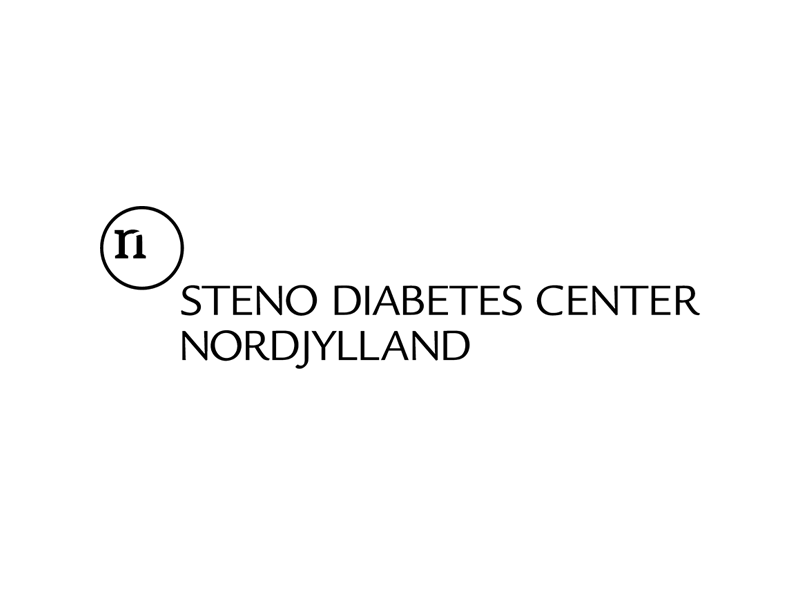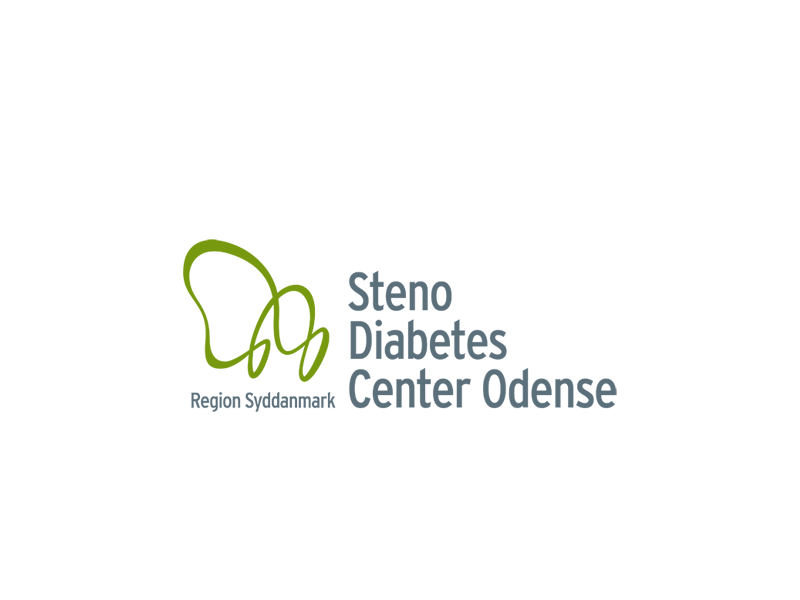Abstract
Type 2 diabetes (T2D) affects approximately 9% of the global adult population and is associated with a number of physical comorbidities. It has recently been demonstrated that T2D also has devastating consequences for mental health, with depression affecting one out of four individuals with T2D. Converging evidence points to individuals with T2D and comorbid depression having increased mortality and increased risk of major diabetic complications compared to T2D patients without depression. Surprisingly given the documented impact of depression on diabetes outcomes, only few studies have investigated the effects of antidepressant treatment on the course of T2D. Here, most studies have focused on glycemic control, but they have been small, with short follow-up time, and contradictory results.
We therefore aim to investigate the effect of antidepressants on glycemic control, health-style related behaviors, mortality, and major diabetic complications in patients with T2D. We aim to conduct studies in a tandem setup, using both I) large-scale population-based real-world “macro” data (somatic diagnoses, laboratory values, mortality, and cause of death) on more than 350.000 patients with T2D in Denmark stemming from our nationwide registers, and – in a collaboration with the Danish Centre for Strategic Research in Type 2 Diabetes (DD2) – using II) deep phenotypic “micro” data (clinical examinations, blood samples, urine samples, smoking, alcohol intake, physical activity + all linked macro data) from all individuals with T2D in the unique DD2 project cohort. Within each study, we will use triangulation with advanced epidemiological methods to elucidate the true effectiveness of antidepressant treatment on the course of T2D.
Formål
1. To characterize the pattern of use of antidepressants and other psychopharmacological treatments among individuals with T2D and to determine whether the choice of drugs is influenced by diabetic complications, such as neuropathy.
2. To investigate whether the use of antidepressants in T2D leads to a healthier lifestyle, e.g. increased physical activity, smoking cessation, reduced alcohol consumption, and reduced BMI.
3. To investigate whether the use of antidepressants in T2D is associated with reduced glycemia and lipidemia as well as improvement in other biomarkers.
4. To investigate whether the use of antidepressants in T2D reduces the risk of major complications, such as ischemic stroke, other cardiovascular events, severe neuropathy, and dementia.
5. To investigate whether the use of antidepressants in T2D decreases mortality, and – if so – determine, which causes of death that are responsible for this decrease.
Artikler
- Rohde (2022). Risk factors associated with mortality among individuals with type 2 diabetes and depression across two cohorts. Diabetes, depression and mortality. European Journal of Endocrinology.
Finansiering
Aarhus University
Danish Diabetes Academy




